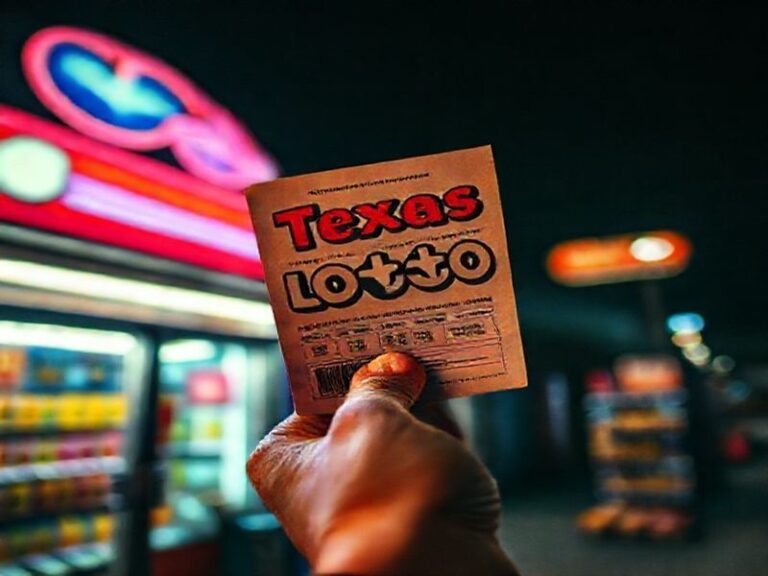Jota Silva: How a Portuguese Winger Became the World’s Most Expensive Distraction from Collapse
Jota Silva: The Portuguese Winger Who Proves the World Still Runs on Speed, Debt, and Hope
By the time you finish reading this sentence, Jota Silva will have already been scouted by three mid-table Premier League clubs, two petro-state sporting directors with Excel sheets full of blood money, and one MLS franchise that still thinks TAM is a type of artisanal jam. Such is life for a 24-year-old winger whose breakout season at Vitória de Guimarães has turned him into the latest human lottery ticket in the global football bazaar—a place where dreams are securitized and sold in tranches to hedge funds who’ve never been to Guimarães and couldn’t spell it if their Gulfstream depended on it.
Let’s zoom out, shall we? While Silicon Valley burns cash teaching chatbots to write breakup texts and Brussels debates whether cucumbers deserve constitutional rights, the planet’s real emotional economy remains stubbornly medieval. From Lagos to Lahore, people still pin their collective hopes on 20-something millionaires in neon boots who can do step-overs. Jota Silva, born in Vila Nova de Gaia to Cape Verdean parents, is merely the newest vessel for that peculiarly human delusion that 90 minutes of choreographed chaos might redeem decades of municipal mismanagement and national decline. His 11 goals and 6 assists in the Primeira Liga haven’t just excited the Minho province—they’ve triggered algorithmic bidding wars in data centers cooled by the tears of junior analysts who’ll never afford a house.
The international implications are deliciously absurd. Portugal, a country whose greatest export is now officially “talented sadness,” watches its brightest prospects flee to England like 19th-century Irish potato farmers, except the ships now depart from Heathrow Terminal 5 and the cargo is wearing Gucci slides. Silva’s potential transfer—valued somewhere between €15-20 million, or roughly the cost of one middle-management consultant’s PowerPoint about “synergizing vertical integration”—wouldn’t merely enrich his current club. It would ripple through global markets: shirt sales in Jakarta, betting apps in Nairobi, and some crypto bro in Miami minting NFTs of his left foot that’ll be worthless by Tuesday.
Meanwhile, FIFA’s toothless “solidarity mechanism” ensures that every academy from Almada to Zanzibar will claim 0.25% of the fee like distant relatives appearing at a funeral they never attended. It’s socialism for football clubs, capitalism for everyone else—a neat summary of our entire era.
The broader significance lies in what Silva represents: the last universally agreed-upon narrative left standing. Climate change? Debated. Democracy? Optional. But a kid nutmegging defenders? That still translates in every language, even if the subtitles now come with QR codes linking to crypto scams. His story—immigrant background, small-club rise, national team call-up—is the bedtime story nations tell themselves to avoid discussing why their brightest minds still choose to kick air-filled leather for a living. In a world where AI can write symphonies but can’t explain why your ex ghosted you, the simplicity of “fast lad scores goals, solves existential dread” is oddly comforting.
Of course, the clock is ticking. By 28, he’ll either be a Champions League winner or doing punditry in a waistcoat, explaining why the next Jota Silva needs to “track back more.” But for now, he remains our shared hallucination: proof that meritocracy exists, that borders are permeable, and that somewhere in Guimarães, a kid who grew up eating cereal for dinner is about to become the collateral for someone’s yacht refinancing.
And really, isn’t that what globalization promised all along? Not seamless trade or cultural understanding, but the chance for a 24-year-old to become the human equivalent of a Tesla stock—volatile, overhyped, and absolutely essential to our collective denial about everything else.







